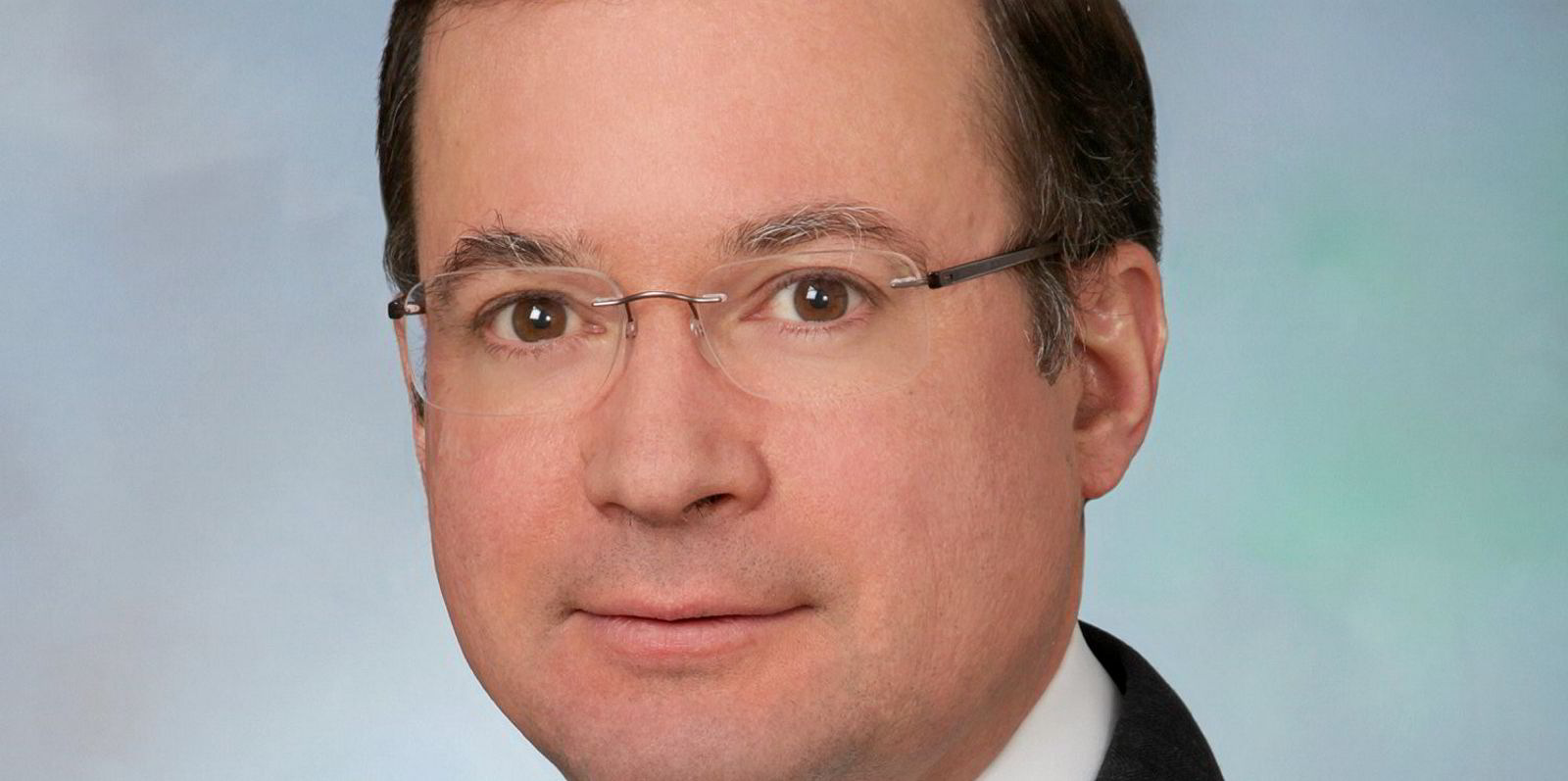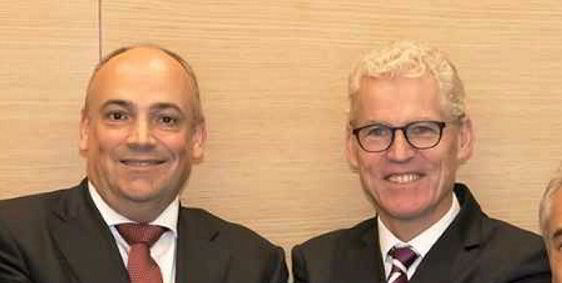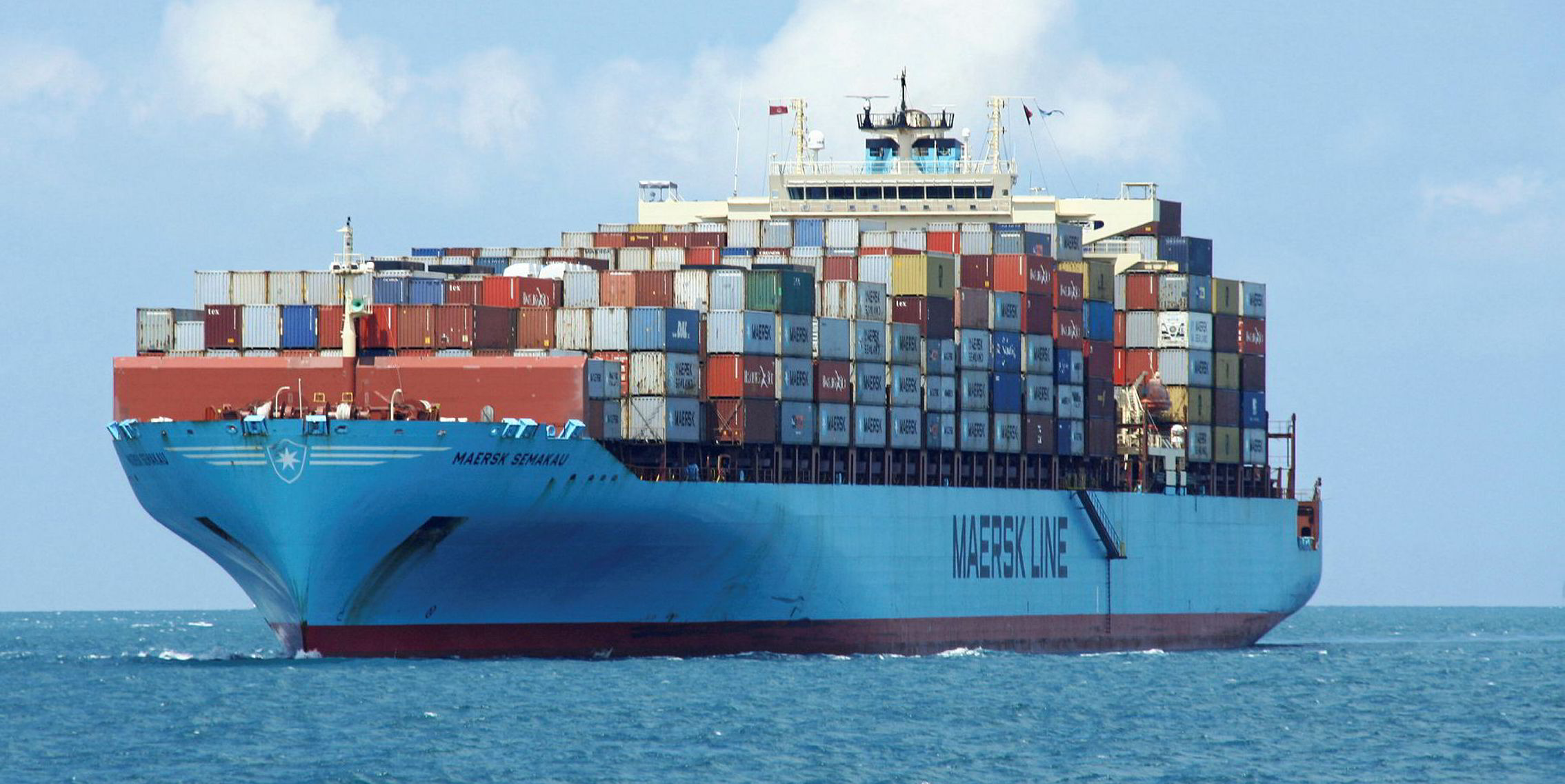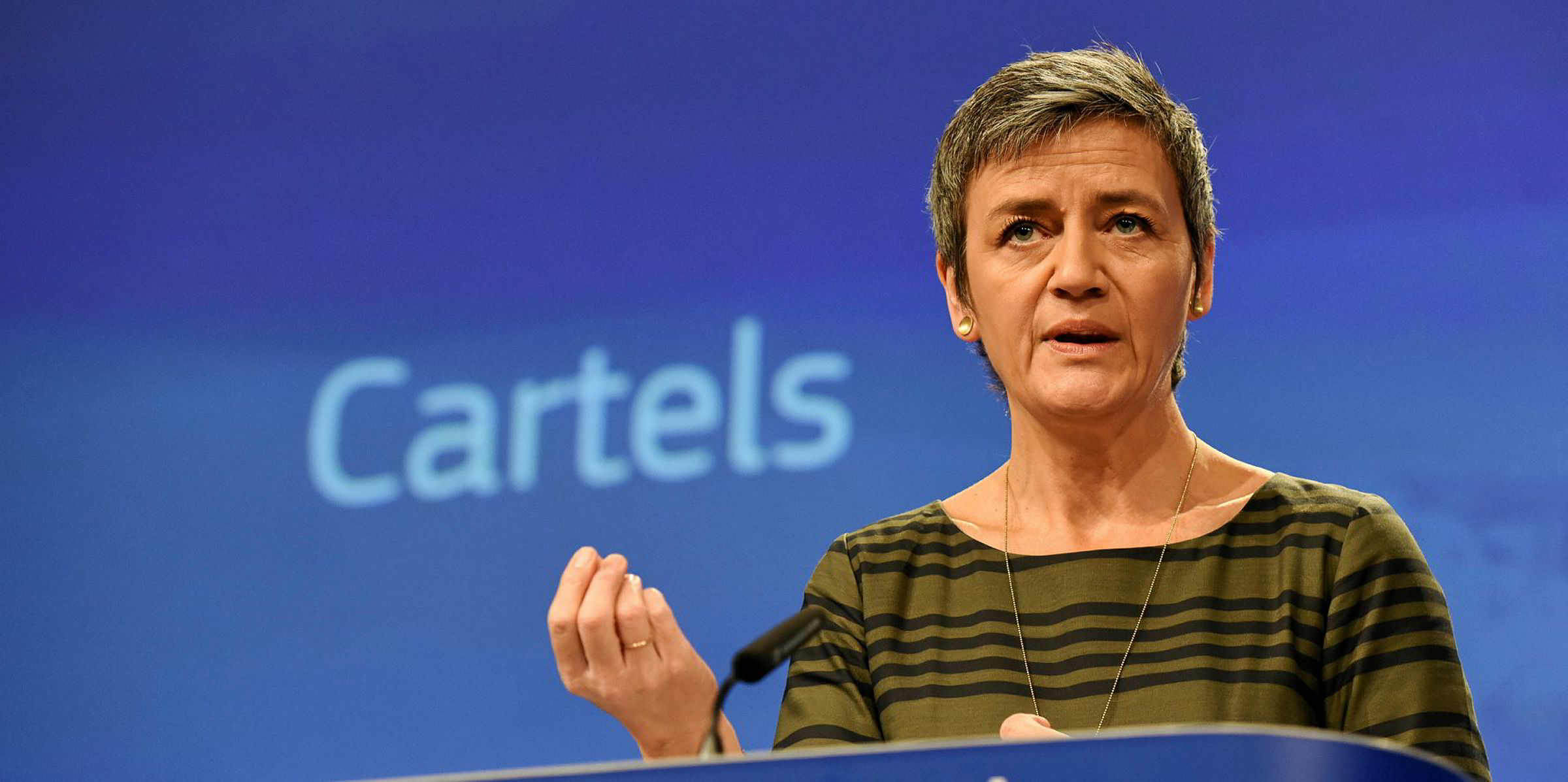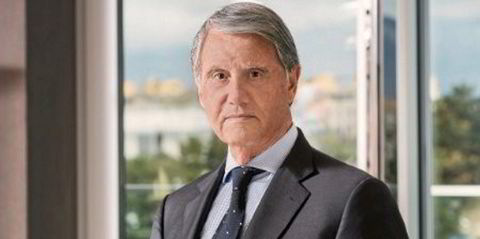The World Shipping Council (WSC) has enlisted the help of two environmental experts to help the liner industry progress its decarbonisation efforts.
Major liner companies have been leaders in developing low-carbon shipping through newbuilding programmes. But, as one of the most visible maritime sectors, and a major contributor to emissions, the sector is under pressure to improve.
The International Maritime Organization has set a goal to half carbon emissions by 2050.
John Bradshaw, a technical director at the International Chamber of Shipping (ICS), is set to join the WSC as technical director for environment and safety in Singapore from May.
Bradshaw has been a key figure in representing the interests of shipowners in developing decarbonisation regulation at the IMO.
“Professionally, I look forward to giving back to the liner shipping industry where I started my career as an engineer officer at sea, helping to develop the most efficient way to decarbonise the industry,” Bradshaw said.
The WSC has also taken on James Corbett as environmental director for Europe. Corbett is a professor at the University of Delaware and his research linking ship emissions with mortality has been recognised as contributing towards the development of SOx and NOx emissions regulation.
He will represent the WSC in talks on the European Union’s Green Deal, which includes an emissions trading scheme for the shipping industry.
Corbett said: “Working more directly with the policy community and shipping leaders on stewardship goals like decarbonisation is exciting and important. The liner shipping industry has committed to innovative decarbonisation. I look forward to help build an EU environmental policy that contributes to shipping’s path towards this goal."
WSC chief executive John Butler said the new recruits will help the liner industry meet its decarbonisation goals.
"One of WSC’s most important tasks is to work for the decarbonisation of the shipping industry and the reduction of shipping’s environmental impact and helping to develop the most effective regulatory path to get us there," he said.
